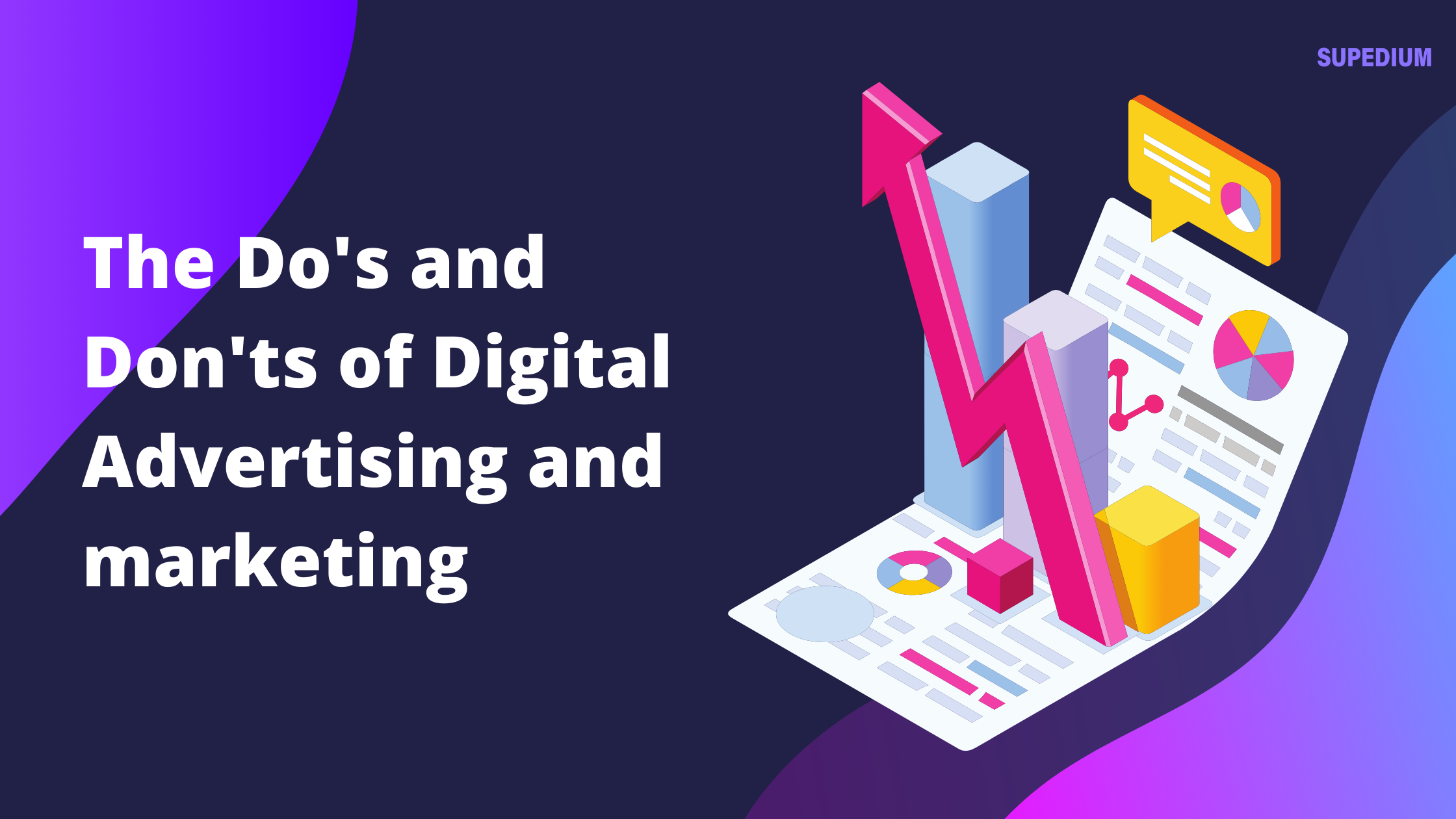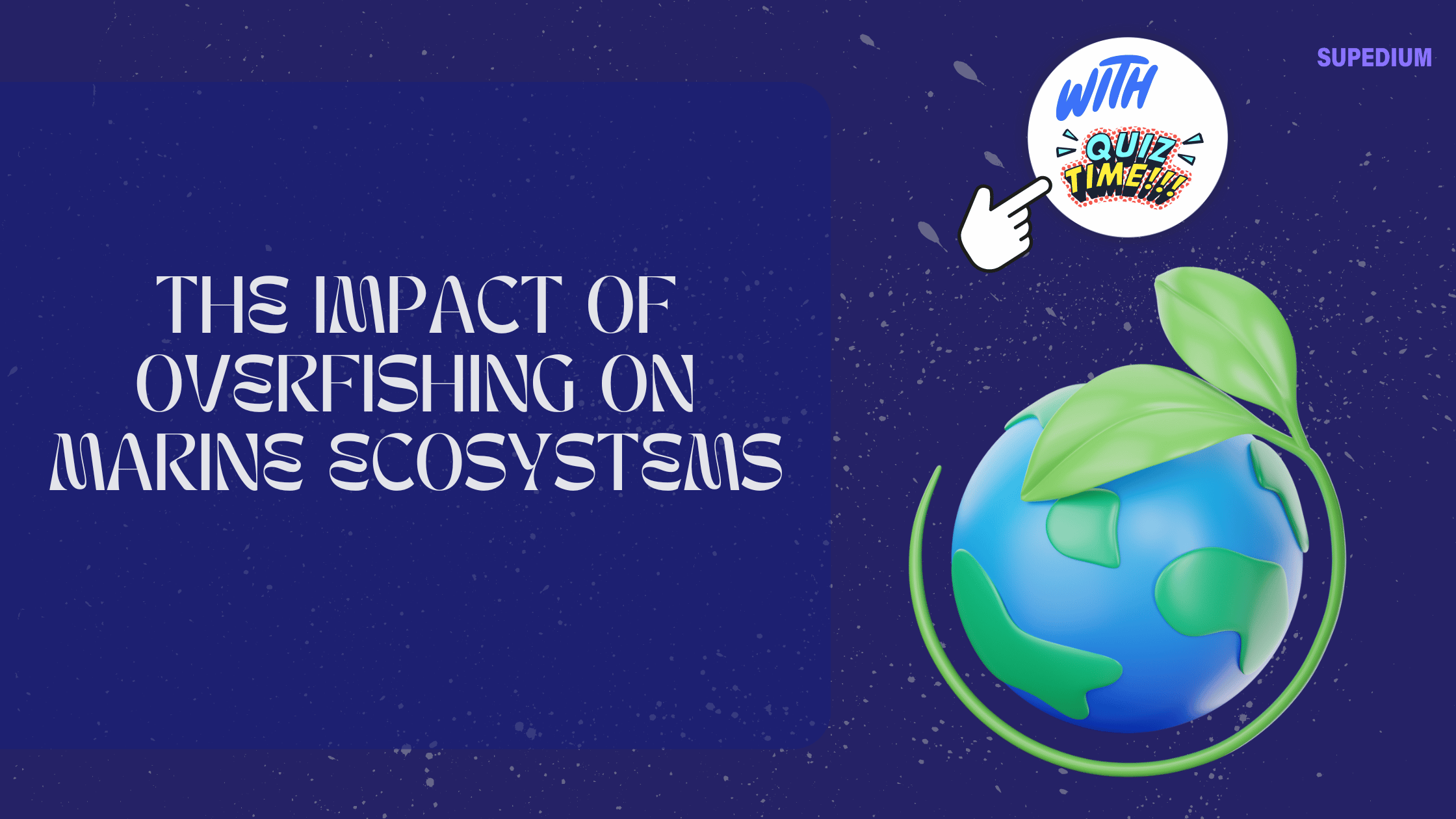Table of Contents
- 1 Overview
- 2 What science has to say
- 3 Age-related macular degeneration (AMD)
- 4 Recommended supplements
- 5 Results
- 6 What nutritional supplements can assist my eye health?
- 7 Do you need supplements?
- 8 When should you visit your physician?
- 9 Can I use supplements to increase my eye health?
- 10 Strategies for eye health
![]()
Overview
You’ve probably heard someone say, “Eat your carrots, they are good for your eyes.” You might have seen advertisements for eye health for supplements. Can minerals and vitamins gain vision and your eye health? Keep reading to find out more about eye health and nutritional supplements.
What science has to say
Plenty Are made about the effects of supplements on eye and vision health, but hardly any research studies support these claims. One exception is the Age-Related Eye Disease Studies (AREDS and AREDS2). These are studies. Outcomes from AREDS 2 enhanced the supplement recommendations and took what was learned from AREDS.
The research focused on two conditions that affect millions of Americans, age-related macular degeneration (AMD) and cataracts.
Age-related macular degeneration (AMD)
AMD is the leading cause of vision loss in America. It affects over 10 million individuals. Younger people affect also, although it related to aging.
AMD Whenever there’s corrosion of cells in the macula region of the retina occurs. This is the part of the eye responsible for:
- recording what we see and sending the data to our brains
- seeing fine detail
- focusing
Cataracts
A Cataract is a clouding of the eye’s lens. It may become worse and might impair your ability to see well enough to perform tasks.
Cataracts are common, especially. In 2010, 24.4 million Americans were diagnosed with cataracts.
Recommended supplements
AREDS and AREDS2 looked at the effects of high doses of antioxidants taken for years. The final recommendations from AREDS2 were:
vitamin C 500 milligrams
vitamin E 400 IU
lutein 10 mg
zeaxanthin 2 milligrams
zinc 80 mg
copper 2 milligrams (taken to prevent copper deficiency caused by zinc)
This supplement formulation can be found in capsule form and is taken twice daily.
Results
Participants From the research that was AREDS2 took one of four nutritional supplement formulations which were identified as valuable in the AREDS study. Each player took the supplement every day.
In study participants, the risk of AMD and severe vision loss was decreased by 25 percent over six decades. In people with AMD that was moderate, the condition was slowed in individuals with AMD. Supplements weren’t effective for people with stages.
Furthermore, AMD was not prevented by supplements or restore vision loss.
Lutein and zeaxanthin supplements taken as part of their AREDS2 formula were seen to decrease the demand for cataract surgery by 32 percent in people who originally had low dietary levels of these carotenoids.
They won’t have effects on everybody, although the studies were discovered that there are a few advantages to nutritional supplements and promising. Research is required to understand the relationship between eye health and supplements.
What nutritional supplements can assist my eye health?
These supplements, including the Antioxidants found in capsules that were AREDS2, have been proven to be beneficial for many people.
(1) Lutein and zeaxanthin
Lutein and Zeaxanthin are carotenoids. Carotenoids are found in your retina and on plants. Supplementing these pigments helps boost their density. They absorb light and high-energy blue which can damage your eyes.
(2) Zinc
Also Found in your eyes, zinc is. Zinc is the mineral in the formulation that is AREDS2. Copper absorption is diminished when taking zinc. It’s advised that zinc be blended with vitamin nutritional supplements.
(3) Vitamin B1 (thiamine)
Vitamin B1 is vital for the health of your eyes. More study is necessary, although there is evidence that vitamin B1 may lower your risk of getting cataracts.
Known as one of the “anti-stress” B vitamins, vitamin B1 reduces inflammation.
First, research also indicates that it could be effective for treating uveitis, an inflammatory eye condition that can result in blindness.
(4) Omega-3 fatty acids
The Diet of Americans doesn’t contain fatty acids, of fish, the source. Cells in your retina have a large amount of acid. It is considered that docosahexaenoic acid (DHA), a sort of omega-3 fatty acid, helps in the development of retinal cells. Additionally, it is believed to have a role in helping cells of the cornea and the retina heal and regenerate due to aging and exposure and reducing inflammation.
Lots of studies indicate that those who consume more than 2 omega-3 fatty acids, DHA, and eicosapentaenoic acid (EPA), were less likely to have AMD. Low levels of omega-3 fatty acids are associated with retinopathy and dry eye syndrome, a disease that causes damage. ResearchTrusted Source has also demonstrated that infants whose formula comprises DHA develop better eyesight than babies not given DHA.
(5) Vitamin C
Several large studies demonstrate that vitamin C reduces the possibility of getting some kinds of cataracts. Two of those studies also found that a combination of vitamins E and C supplements reduced risk and slowed the development of cataracts.
Do you need supplements?
Diet should be your main source of minerals and vitamins. However, the National Eye Institute advises that the large doses found in AREDS2 can not be obtained from diet alone.
Besides nutritional supplements and diet, there are some things you can do to promote eye health:
- Use a humidifier in your house if your home is dry. You may have to use it or maybe you have to use it year-round, depending on the climate where you live.
- Drink plenty of water. Although recommendations vary by weight, adults should drink, approximately, between 1.5 liters (6 1/4 cups) and two liters (8 1/3 cups) of fluid daily.
- Keep your eyes moist with artificial tears.
- Change your furnace or air conditioner filters regularly. Avoid surroundings with dirty or dusty air.
- Use cold compresses, cucumbers, or dampened and chilled black or green tea bags in your eyes.
- Calendula tea is preferred by some folks.
When should you visit your physician?
Consult Before taking AREDS2 your ophthalmologist. An ophthalmologist is. Your doctor will have the ability to decide whether the supplements will be effective, given the status of your eye health.
Because the dosages in AREDS2 can socialize with People with specific health conditions shouldn’t medications and take others, it is important to speak to your primary care physician.
Can I use supplements to increase my eye health?
Your Vision and eyes are influenced by several factors, including age and genetics. Eating a balanced diet that has antioxidant-rich foods and Keeping a healthy lifestyle may contribute to the health of your eyes.
Strategies for eye health
There are:
- Don’t smoke. Smoking damages blood vessels in the eyes and may lead to Cataracts.
- Shield your eyes from ultraviolet light. Wear sunglasses when you are outside and avoid staring into bright lights.
- Keep a healthy weight and an active lifestyle. After age 60, get a dilated eye exam annually.
- Make Sure your diet includes tons of green leafy vegetables Corn eggs, yellow carrots. These foods contain high levels of Nutrients, including those located in the formulation that was AREDS2.





Be the first to comment